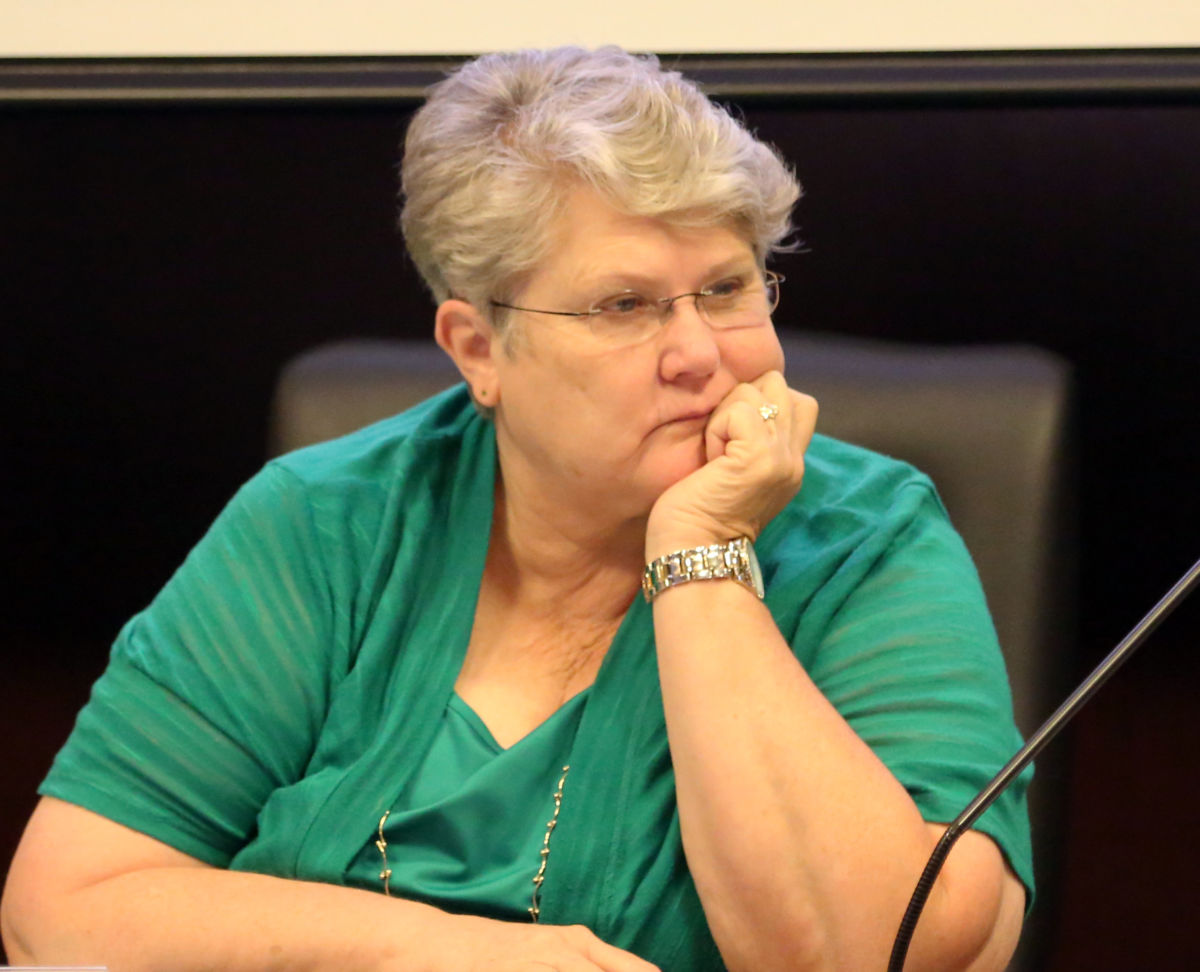
Idaho schools are in the middle of a systemwide, unprecedented teacher hiring “crisis,” State Board of Education member Linda Clark said Wednesday.
Clark, a retired West Ada School District superintendent, said the problem goes beyond anything the K-12 system has faced in the past. Historically, public schools have struggled to find math, science and special education teachers. Those jobs remain hard to fill — but now schools are struggling to find elementary school teachers too.
“That’s a big harbinger …,” Clark said during a State Board meeting Wednesday morning.
Clark’s assessment came during a brief but grim discussion of a recent State Board survey, which pinpointed at least 700 public school teacher vacancies.
The vacancy rate itself isn’t that unusual, Clark said. But in past summers, schools have been able to take advantage of Idaho’s growth, hiring new arrivals who come to the state with teaching certificates. That isn’t happening this year, she said.
According to the survey, many school administrators reported they have received only a handful of applications — or none at all. And that means schools will probably be forced to hire more teachers who have not graduated from a traditional college of education, instead choosing applicants who have gone through an alternative teacher certification route.
On Wednesday, board members seemed to want to understand the root cause of the problem.
Lauding the Legislature’s 2022 investments — more than $100 million in teacher pay raises, and $180 million to improve school employee health benefits — board President Kurt Liebich noted that schools remain at a disadvantage.
“We’re not keeping up with the private sector, in this market,” he said.
The pay gap is a big factor, Clark said, especially as schools struggle to find bus drivers, cafeteria staff and other classified workers. But she said the teacher shortage is more complicated — with stress and political pressures driving some educators out of the classroom.
“Some of the superintendents report that teachers just walked off their contracts, without concern about what that meant for teacher certification or anything,” Clark said.
Meeting Tuesday and Wednesday at Idaho State University, the State Board worked through several other items. Here are some other items from Wednesday.
Legislative ideas
The board gave its initial go-ahead to 16 legislative proposals — including one possible approach to the teacher shortage.
This proposal would create a teacher apprenticeship program. Apprentices could receive a teaching certificate without getting a four-year degree or going through an alternative certification program after college. And unlike student-teachers, apprentices could be paid while they work in the classroom.
The apprenticeship program isn’t unique. Tennessee has had some “really good results” from a similar approach, said Tracie Bent, the State Board’s chief planning and policy officer.
Many of the 16 legislative ideas were minor and procedural — but one was familiar and far-reaching.
This proposal would permanently change Idaho’s arcane school funding formula, from a complex calculation based on average student attendance to a formula based on enrollment. Advocates say an enrollment-based model allows money to follow students who take a menu of in-person or online classes from more than one school.
The state began using an enrollment-based formula during the COVID-19 pandemic. This year, Gov. Brad Little vetoed a bill to keep this formula intact through 2023-24. Weeks later, the State Board approved a temporary rule to continue enrollment-based funding through the 2023 legislative session.
The State Board’s legislative ideas now go to Little for review. If he signs on, the State Board will take up the ideas again during its August meeting.
Virtual charter shutdown
The troubled Another Choice Virtual Charter School will close its doors — a process that now will begin later this month.
Siding with the Idaho Public Charter School Commission and an independent hearing officer, the State Board ordered the Nampa-based virtual charter to shut down.
Another Choice serves around 400 at-risk students.
But in February, the charter commission voted unanimously to order the school’s shutdown, citing poor academic performance and oversight issues. The school appealed. Instead of hearing the appeal itself, the State Board turned the matter over to an independent hearing officer, who held an appeal hearing in May and later recommended the closure.
It’s just the second time in two decades that the state has ordered a charter school to close. Noting the rarity of the event, Liebich emphasized that the board believes in school choice.
“But we also believe in public school accountability,” Liebich said.
Administrative salaries
Without discussion, the State Board approved a series of administrative pay raises, effective July 1:
- Scott Green, president, University of Idaho: $440,993 (up from $419,994).
- Marlene Tromp, president, Boise State University: $437,757 (up from $425,006).
- Kevin Satterlee, president, Idaho State University: $420,000 (up from $400,000).
- Cynthia Pemberton, president, Lewis-Clark State College: $275,000 (up from $240,000).
- Matt Freeman, executive director, State Board: $173,306 (up from ($170,601).
- Clay Long, administrator, Division of Career-Technical Education: $137,540 (up from $133,910).
- Jane Donnellan, administrator, Division of Vocational Rehabilitation: $130,963 (up from $127,317).
- Jeff Tucker, general manager of Idaho Public Television, elected not to take a pay raise. His salary will remain at $130,000.
